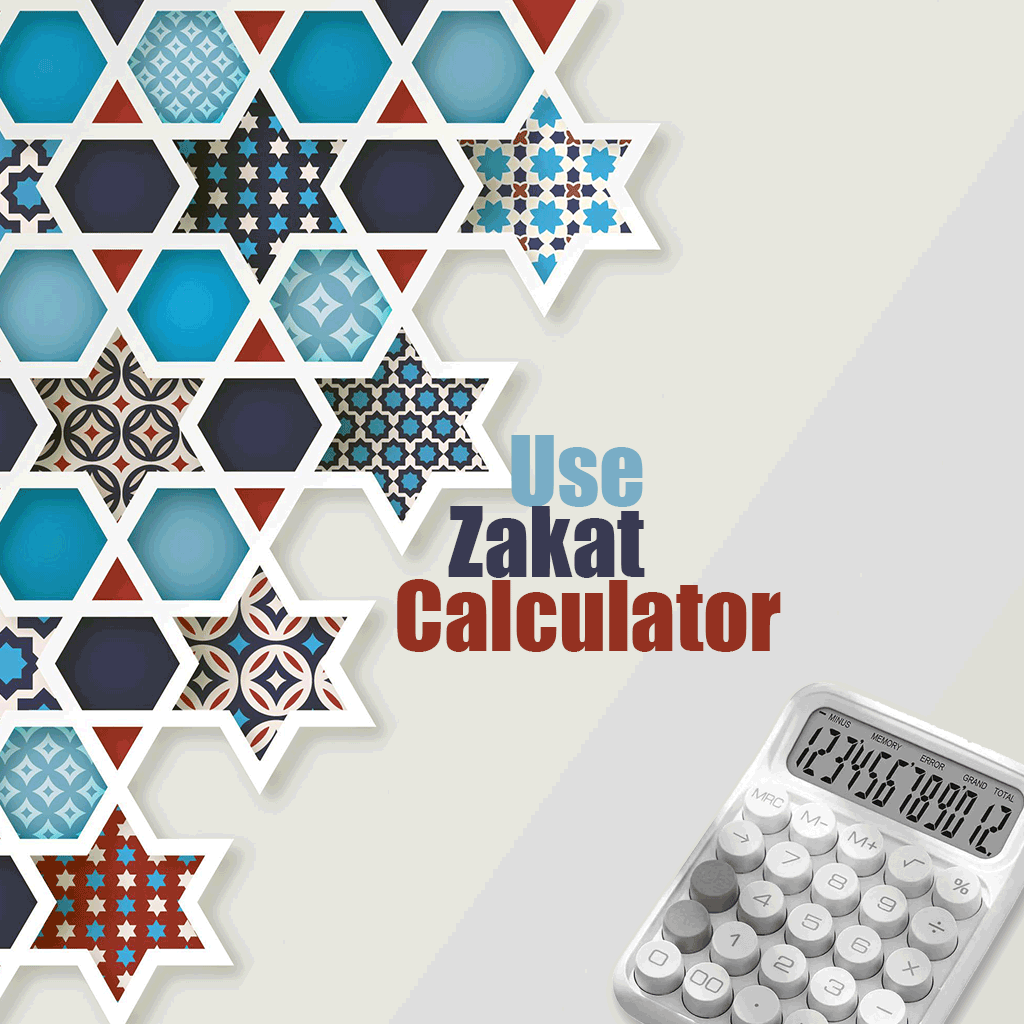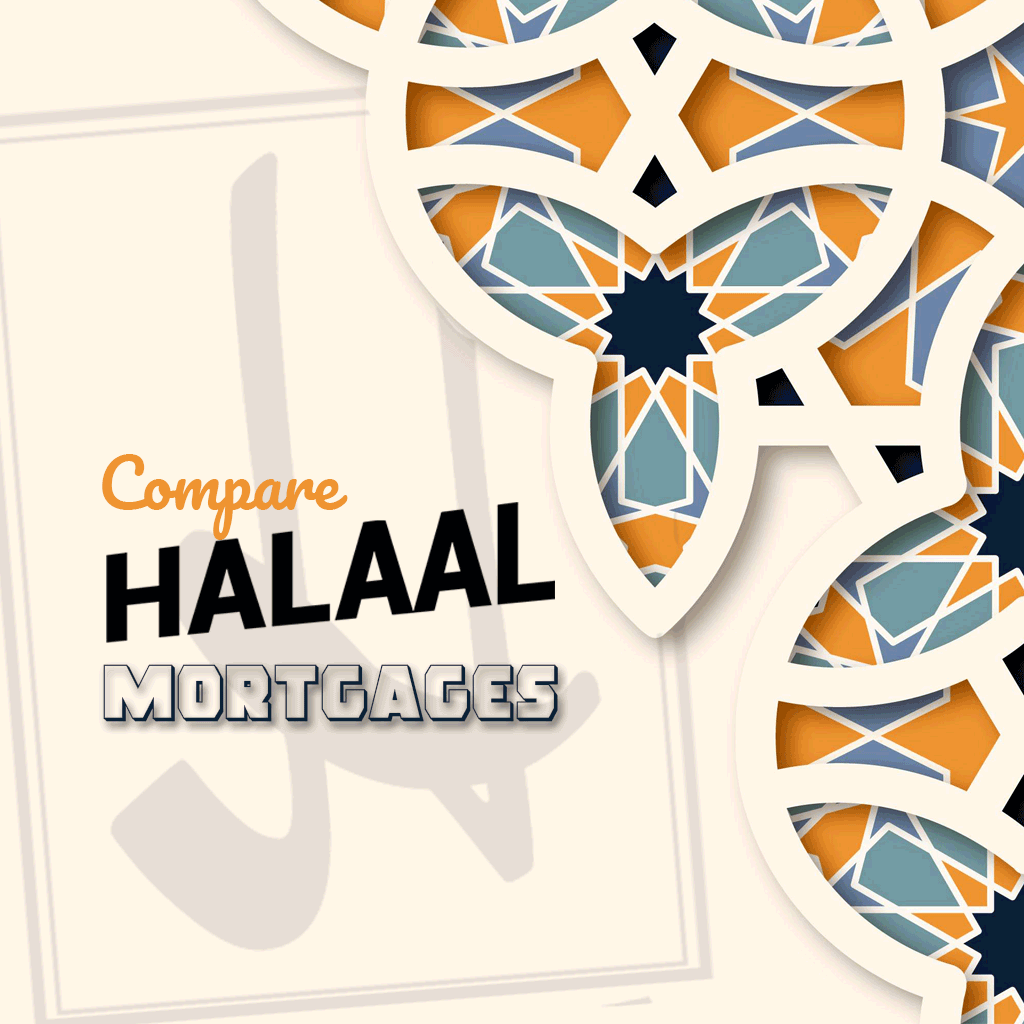Understanding the difference so you can invest with peace of mind
When it comes to investing your money, the choices can feel overwhelming. But for Muslims, one key decision stands out above all is the investment halaal or not?
Most investment platforms, funds, and financial products in the UK are designed for a conventional audience. They focus on returns, risk, and growth. But they often ignore ethical and spiritual concerns that matter deeply to Muslims.
This page breaks down the key differences between halaal and conventional investing. You will learn what makes an investment Islamic, how conventional investments differ, and why these differences matter when trying to grow your wealth without compromising your faith.
Wealth is not in having many possessions. Rather, true wealth is the richness of the soul.
Prophet Muhammad (peace be upon him)
— (Sahih al-Bukhari, Hadith 6446)
What is Conventional Investing?
Conventional investing is the standard approach used by most people around the world. It includes buying stocks, bonds, mutual funds, ETFs, crypto, and other financial products.
These investments aim to make a profit. They do not usually follow any ethical or religious guidelines. As long as the investment makes money and fits within the legal system, it is considered acceptable in the conventional finance world.
But that approach can involve things that are clearly not allowed in Islam. For example:
- Earning income from interest (riba)
- Investing in businesses that sell alcohol, pork, gambling, or adult products
- Using high levels of speculation or uncertainty (gharar)
- Supporting unethical or harmful industries
In conventional finance, the only real limit is the law. In Islamic finance, the limits are set by the Quran and Sunnah.
What is Halaal Investing?
Halaal investing follows the rules of Islamic finance. These rules are not just about avoiding interest or haram products. They are about building a just, fair, and transparent financial system.
A halaal investment must meet the following criteria:
- The company must operate in a halaal industry
- The business model must be ethical, real, and asset-backed
- The company should not rely heavily on interest-based debt
- The investment must avoid high uncertainty or gambling
- Profits should be earned through fair trade and value creation
Halaal investing is rooted in Islamic values like honesty, trust, and balance. It promotes social responsibility, shared risk, and real economic benefit.

Key Differences at a Glance
| Feature | Conventional Investing | Halaal Investing |
| Interest (Riba) | Allowed and widely used | Strictly forbidden |
| Business Sectors | No restrictions | Excludes haram sectors (alcohol, gambling, etc) |
| Debt Usage | High leverage often accepted | Must be within shariah-approved limits |
| Speculation (Gharar) | Often encouraged for high returns | Must avoid excessive uncertainty |
| Ethical Screening | Rarely considered | Essential part of selection |
| Spiritual Accountability | Not a factor | Core principle in every investment decision |
Halaal investing does not just avoid the bad. It focuses on supporting businesses that are good for society, sustainable, and ethical.
Why This Matters
Some people assume that all investing is the same, or that conventional investing is the only way to grow your money. But for Muslims, the source of your income matters just as much as the amount.
The Prophet Muhammad (peace be upon him) warned us that a time would come when people no longer care where their wealth comes from. We are living in that time.
Choosing halaal investments is not just a financial decision. It is a spiritual one. It reflects your trust in Allah, your respect for Islamic values, and your desire to leave behind a legacy that is both profitable and pure.
Is There a Big Difference in Performance?
This is a common question. Many people worry that halaal investing might lead to lower returns. But in reality, that is not always true.
Halaal funds often avoid the most debt-heavy or risky companies. This can help them perform more steadily, especially during financial crises. Ethical business practices also tend to lead to stronger long-term growth.
It is true that some fast-growing sectors might be excluded from halaal portfolios. But many profitable companies in tech, healthcare, construction, and renewable energy are fully shariah-compliant.
You may not get rich overnight, but you will sleep better knowing your investments are clean, lawful, and aligned with your faith.
Starting Your Journey
If you are currently invested in conventional products or workplace pensions, it is worth checking what is inside them. You might find that some of your money is involved in interest, banks, or unethical companies.
Switching to halaal investments is now easier than ever. In the UK, there are platforms and funds that cater specifically to Muslims. You can read more in our guide to Investment Providers.



Halaal vs Conventional Investing FAQ’s
No investment is completely risk-free. Halaal investing avoids unethical risks like gambling or speculation, but it still involves market ups and downs. That is part of any real investment journey.
Not always. Even if a company does not sell haram goods, it might still earn or pay large amounts of interest. You must check both the business activity and the financial structure.
Yes. Scholars advise giving away any gains from haram sources as charity, without expecting reward. You should then move your money into halaal options going forward.
Yes. Many halaal investments perform well over the long term. They may avoid some high-risk sectors, but they also tend to be more stable and ethical.
You can consider switching to a shariah-compliant provider. Many UK platforms now offer ethical pensions, stocks and funds designed for Muslim investors.
Interest, or riba, is forbidden because it creates unfair gains without effort or risk. Islam encourages trade and investment based on real value and mutual benefit.
Final Thoughts
Choosing between halaal and conventional investing is more than a technical decision. It is about aligning your financial life with your spiritual goals.
You do not need to become an expert overnight. You just need to take the first step. Read, learn, and ask questions. With the right tools and guidance, you can build a portfolio that is not only profitable but also pleasing to Allah.








Sign up